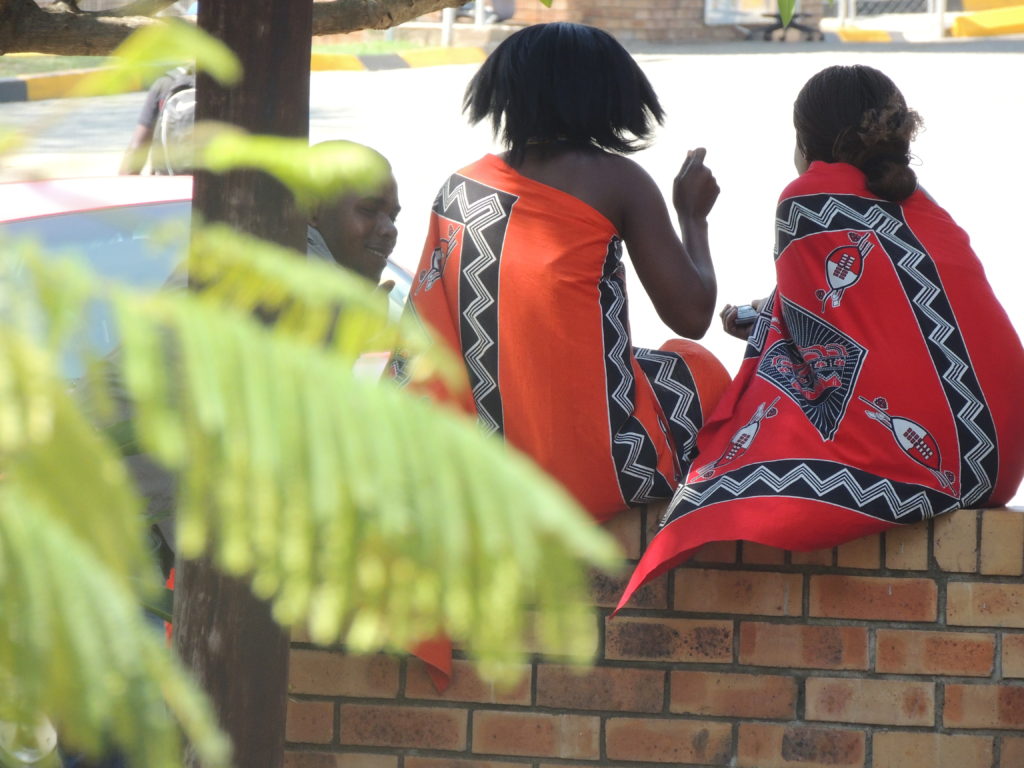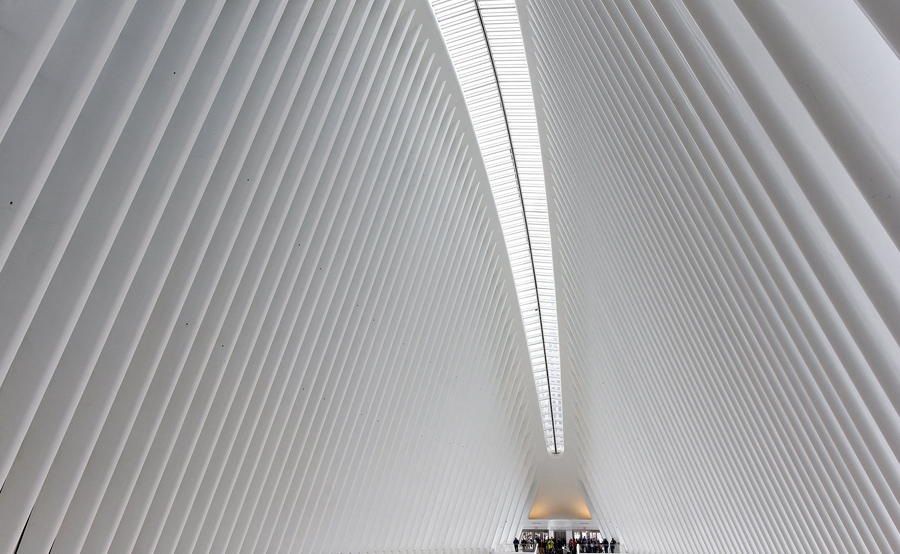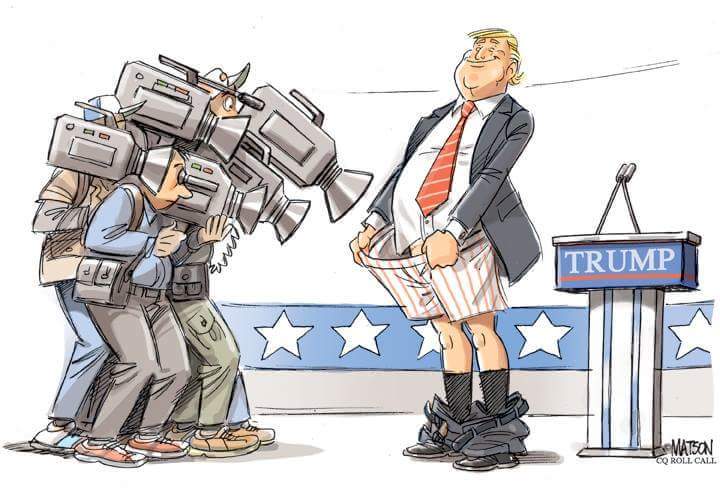The Daily Escape:

Conga line of Santas warming up for their Santa Run, Victoria Park, London, UK – 2018 photo by Yui Mok/PA
When Wrongo heard that Ukraine’s President Zelensky was likely to visit Biden, he was concerned for Zelensky’s safety, since he would be exposed for a significant period of time. It turns out that he flew on a US military plane:
“Flight data shows a US Air Force plane landed at Joint Base Andrews…shortly after noon after taking off from Rzeszow, Poland, which is located near the Ukrainian border. Polish television station TVN24 posted footage of Zelensky in Rzeszow, saying he took a train to Poland before boarding an aircraft.
The Air Force describes the plane, a C-40B, as an ‘office in the sky’ for senior military and government leaders, including capability to conduct secure voice and data communication.”
The Biden administration was so completely behind Zelensky coming to DC that they worked to insure both his safety and his ability to talk to his generals while enroute.
The question of “why now?” is easy to answer. The Omnibus Bill that is yet to pass Congress includes a significant aid package for Ukraine. Zelensky will be home long before the Omnibus Bill is approved by both Houses, which needs to happen before year end.
Wrongo and Ms. Right watched Zelensky’s speech to Congress, and Wrongo can report that he’s never wearing a tie to address Congress again! The contrast between a wartime leader wearing essentially the clothes he wore on the war’s front lines 24 hours before, hammered home the relative difference between our soft Congresscritters and what Ukrainians are facing each day.
There was a notable absence of Republican House members at the joint address. CNN estimated that only 80-some of the GOP House caucus were there. Apparently, all of the GOP Senators were there since Mitch McConnell is a functioning caucus leader, unlike House Minority Leader, Keven McCarthy, (R-CA) who couldn’t wrangle his caucus to attend.
That’s a sure sign of what is to come in January when the GOP controls the House of Representatives.
Despite what House Republicans think, Ukraine’s cause remains popular in the US, with two-thirds of Americans supportive of sending money and arms. The bad part is that this new poll shows Republican support for either sending additional military aid or additional economic aid to Ukraine are now down to 55% and 50%, respectively; worse, 43% of Republicans want the US to withdraw all support for Ukraine.
America desperately needs to have a discussion about Ukraine’s war with Russia, particularly about whether there are limits to our support for Ukraine. Our support so far has been necessary but it hasn’t been sufficient to cause Russians to leave Ukraine, or to compel them to negotiate about leaving.
The issue of the extent of our support will become a big political issue when Congress reconvenes in January, so we should start the discussion now.
A couple of final observations: Zelensky is patriotic, courageous, and charismatic, and a compelling speaker. He delivered his speech in English. It was to Wrongo, an endearing effort to reach out to Americans on an emotional level. And at least for Wrongo, it worked.
In the end, the two most important parts of Zelensky’s speech were first, to remind Americans that sacrifice is necessary to defend democracy. And that unless Russia is pushed back within its borders, few of us, particularly in Europe, are safe. Second, Zelensky pointed to the burgeoning relationship between Russia and Iran, and that Iran’s participation has been unchecked while it wreaks devastation on Ukraine.
We should develop a strategy to interdict the movement of Iran’s drones to Russia. That’s an escalation that makes sense to Wrongo.
By underlining that Ukraine needs still more military and humanitarian aid, Zelensky was calling on reluctant Republicans to do the right thing when it comes to funding what is likely to be a prolonged and open-ended war. We have to hope that they will.
Zelensky’s trip to military front lines in Bakhmut the day before allowed him to deliver a gift to Biden of a Ukrainian soldier’s battlefield medal. Biden’s response was perfect:
“It is undeserved but appreciated.”
People keep forgetting Biden is good at this. Zelensky’s camaraderie with Biden was reassuring. His speech before Congress was motivating. Overall, it was a great day for Zelensky.
Let’s listen to “Silent Night”, here performed in 1980 by the Temptations. This was their second recording of it, this time with Dennis Edwards, Melvin Franklin & Glenn Leonard on vocals. The song begins with Dennis saying, “In my mind, I wish all to be free”, not the traditional way to start “Silent Night”.
Questlove, speaking with Terry Gross, says that when a Black performer starts with “In my mind” as Dennis Edwards does here, you know you’re going deep:


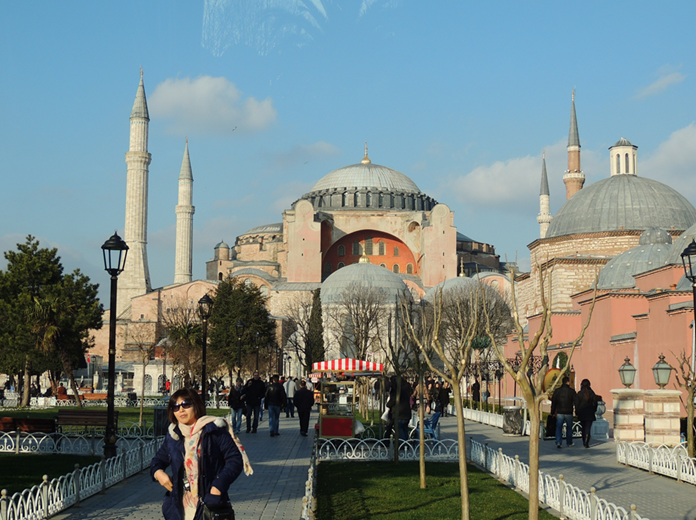
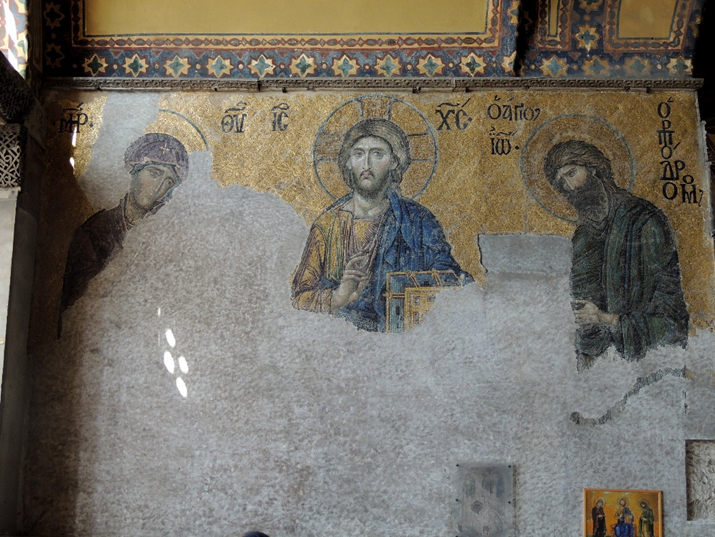
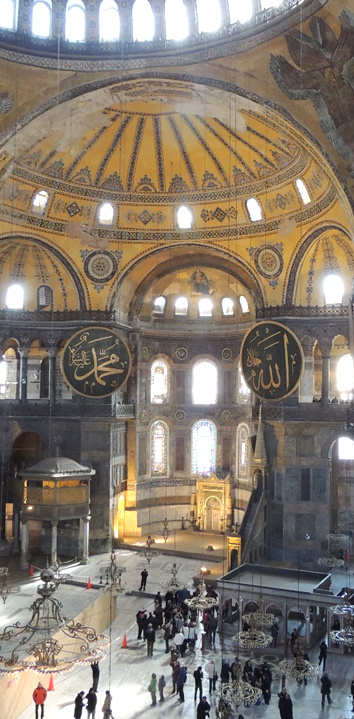
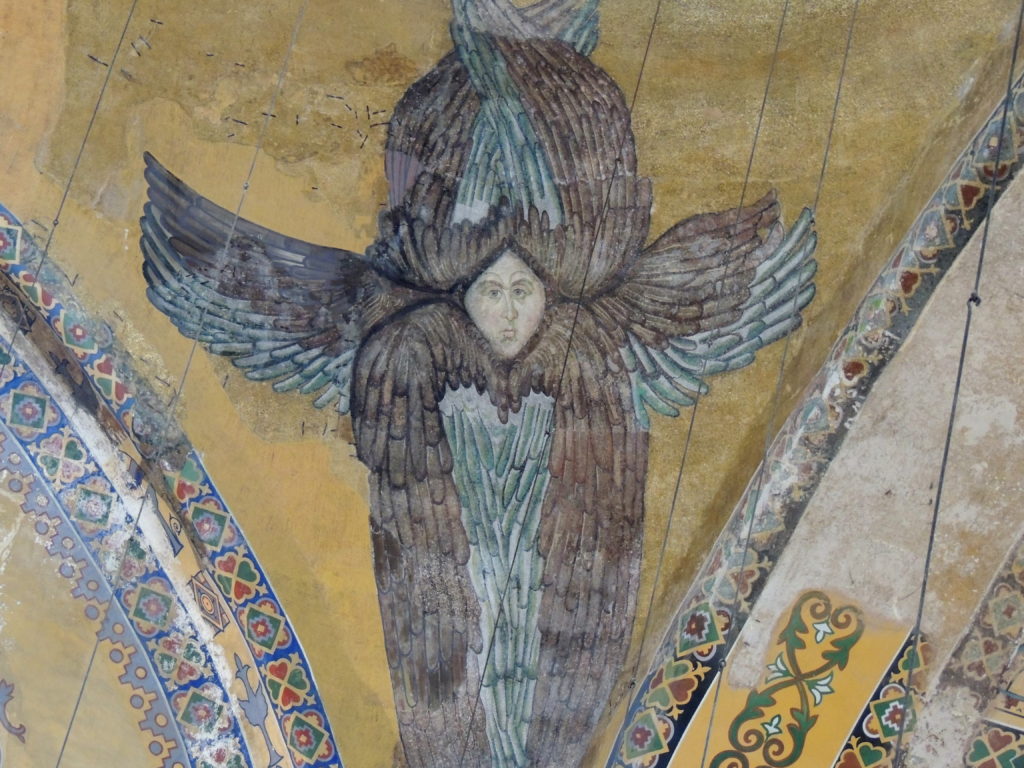

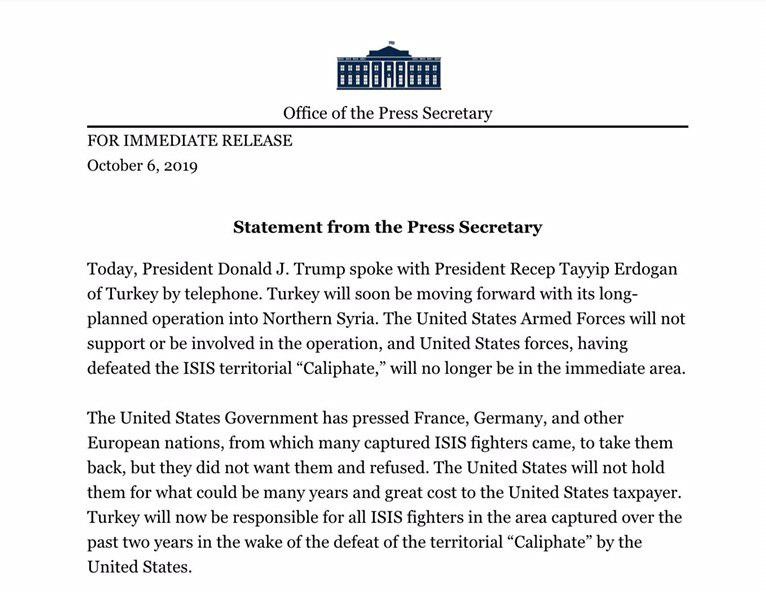
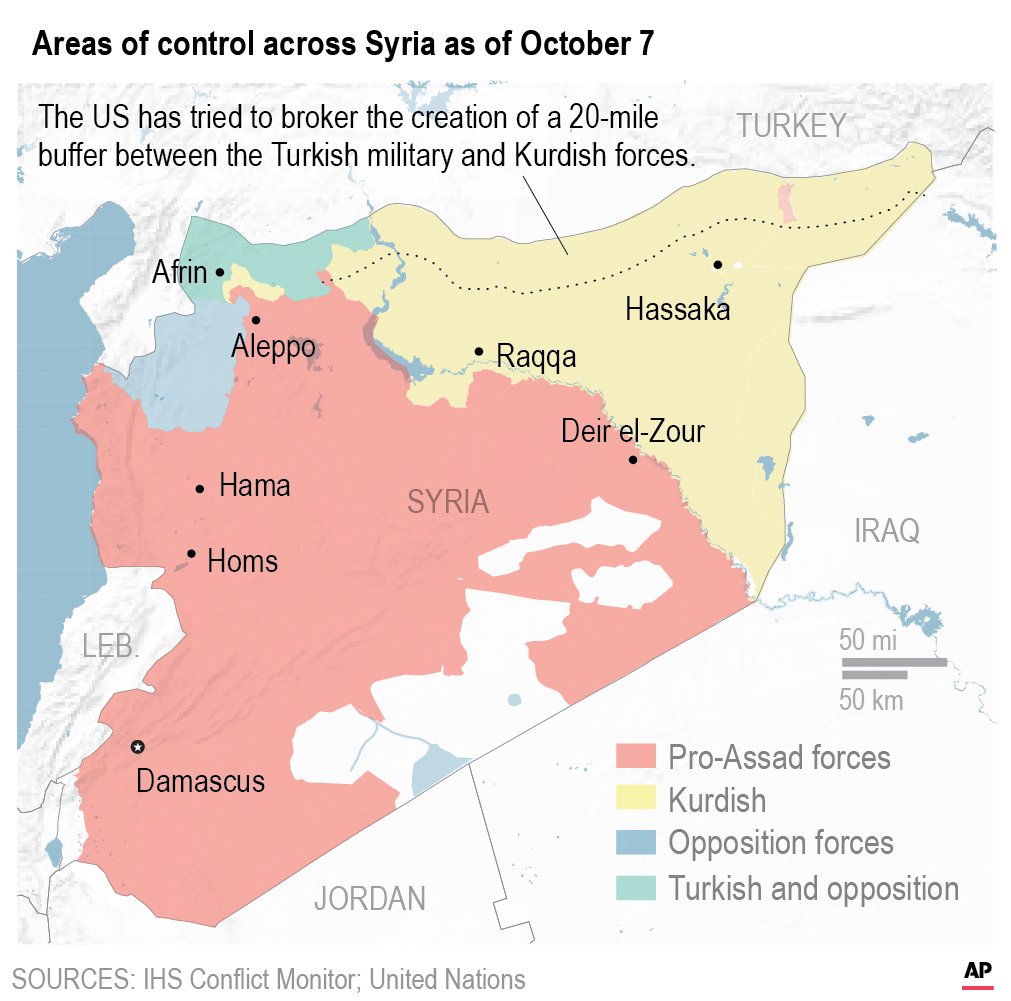
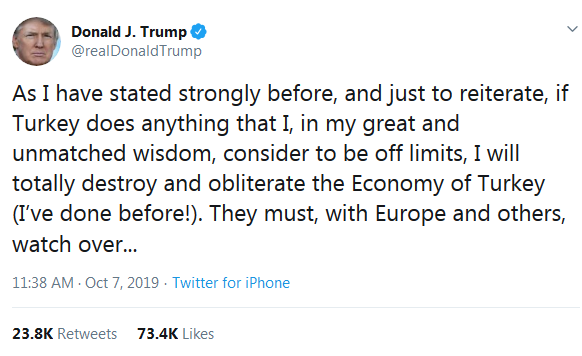
 Near Helena, MT – 2018 photo by
Near Helena, MT – 2018 photo by 